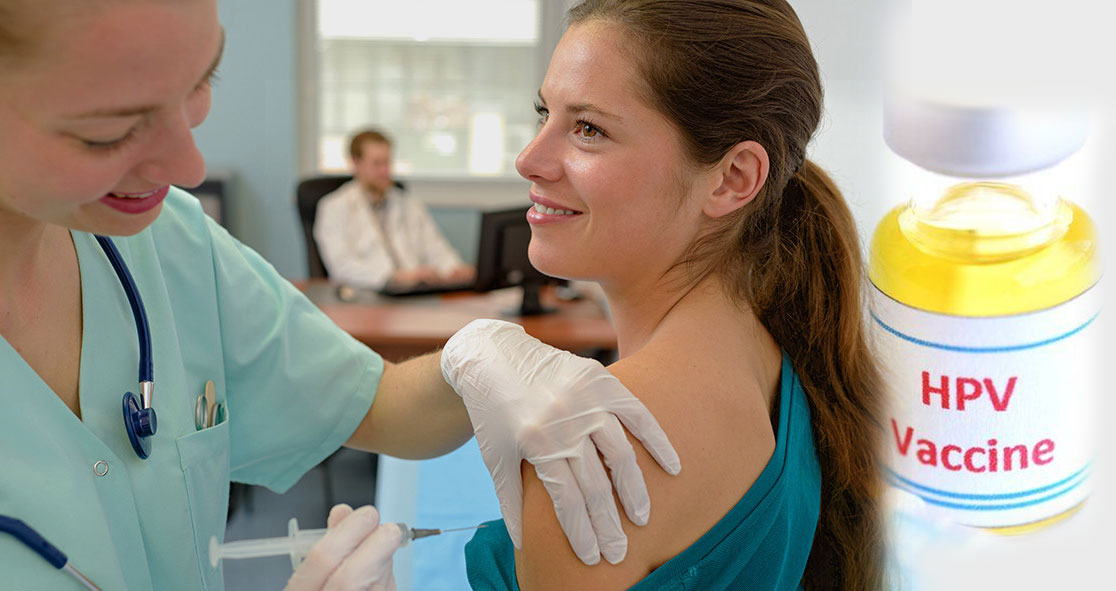A study, published in the New England Journal of Medicine, has shown that women who receive the HPV (human papillomavirus) vaccine have a significantly lower risk of developing cervical cancer.
Researchers at Karolinska Institutet, Sweden, have found that cervical cancer risk is significantly reduced if a woman is vaccinated at a young age.
Study author Jiayao Lei, Department of Epidemiology and Biostatistics, Karolinska Institutet, said, “This is the first time that we, on a population level, are able to show that HPV vaccination is protective not only against cellular changes that can be precursors to cervical cancer but also against actual invasive cervical cancer.”
“It is something we have long suspected but that we are now able to show in a large national study linking HPV vaccination and development of cervical cancer at the individual level,” she added.
HPV is a group of viruses that causes genital warts and different types of cancer, including cervical cancer, which globally kills over 250,000 women a year.
Nearly 100 nations have implemented national vaccination programs against HPV. As of August 2020, Sweden has also included boys in the program.
Previous research has shown that the HPV vaccine does protect women against HPV infection, genital warts, and precancerous cervical lesions. However, there were no large population-based studies conducted on an individual level.
The researchers followed up with almost 1.7 million women between the ages of 10 and 30. Of these, more than 500,000 received the HPV vaccine, with the majority of the women receiving it before 17.
During the 11-year study period, the authors found that 19 vaccinated women and 538 unvaccinated women were diagnosed with cervical cancer.
The findings suggest that HPV vaccination significantly reduced the risk of cervical cancer and the girls who were vaccinated before 17 had an 88% reduced risk of cervical cancer.
Women who were vaccinated between the ages of 17 and 30 had a 50% reduced risk of cervical cancer than unvaccinated women.
Co-author Prof. Pär Sparén said, “Girls vaccinated at a young age seem to be more protected, probably because they are less likely to have been exposed to HPV infection and given that HPV vaccination has no therapeutic effect against a pre-existing infection.”
“In conclusion, our study shows that HPV vaccination may significantly reduce the risk of cervical cancer, especially if completed at an early age,” Pär Sparén explained. He added, “Our data strongly supports continuing HPV vaccinations of children and adolescents through national vaccination programs.”























